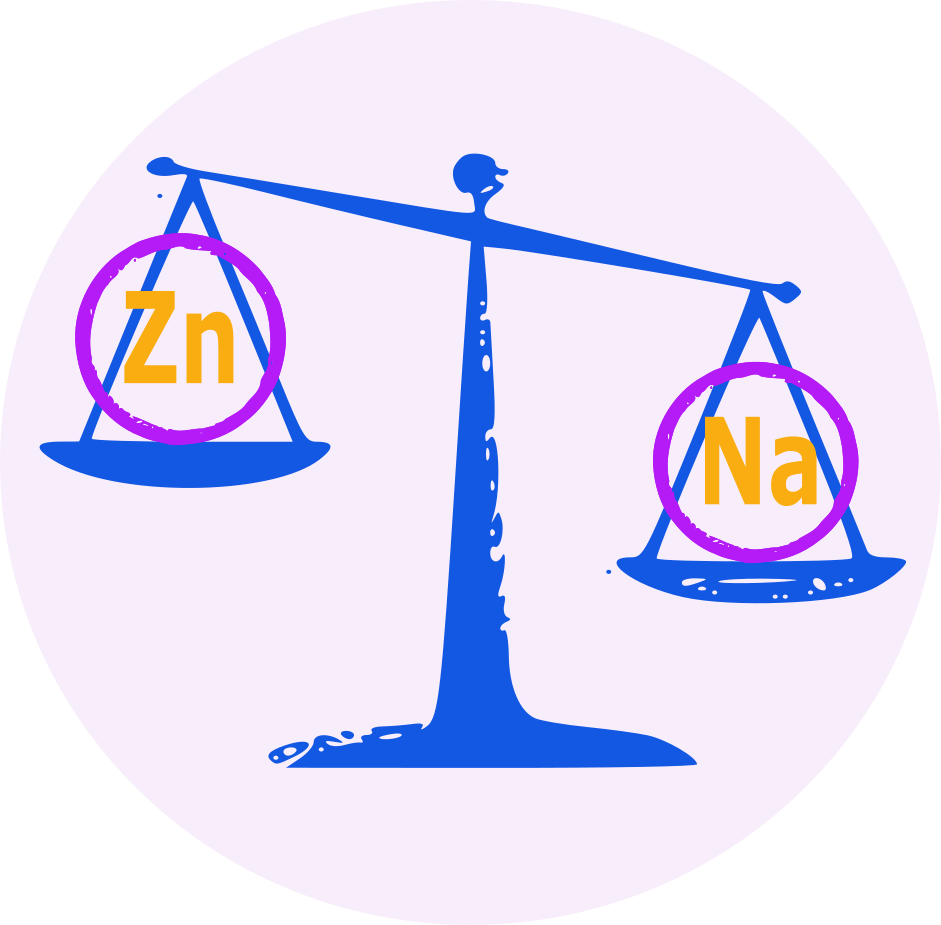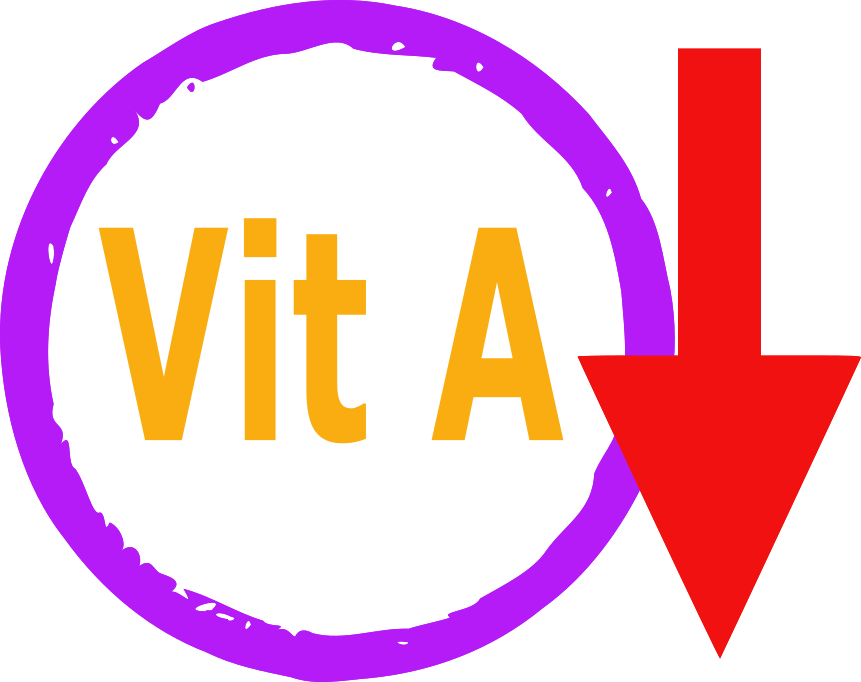| Name | Dextrose Anhydrous + Potassium Chloride + Sodium Bicarbonate + Sodium Chloride + Vitamin A |
| Classes |
Nutritional Supplement Electrolyte and Nutrient |
| Diseases |
Electrolytic Imbalance Hypoglycemia (Low Blood Sugar) Hypokalemia (Low Potassium) |
Dextrose Anhydrous + Potassium Chloride + Sodium Bicarbonate + Sodium Chloride + Vitamin A
Dextrose Anhydrous + Potassium Chloride + Sodium Bicarbonate + Sodium Chloride + Vitamin A is a combination of different electrolytes and vitamin A.
Dextrose is used as a source of calorie to carry out body's functions. Potassium and sodium are two electrolytes required in various functions like neuronal signal conduction, extra and intracellular fluid balance.
This solution is a source of energy and electrolytes.
As prescribed by a doctor. Dosage is determined by the patient's age, weight, and clinical condition, as well as laboratory results. Because of the increased risk of hyperglycemia and hypoglycemia in pediatric patients, especially neonates and low-weight infants, the dosage and steady infusion rate of intravenous dextrose must be chosen with prudence. It's possible that some additives are incompatible.
The following side effects may appear-
- Urticaria
- Rash
- Facial edema
- Cough
- Pain at injection site
If the solution is cloudy, contains particles, or has passed its expiration date, do not use it. If rigor occurs for any reason during the process, fluid infusion should be stopped immediately.
Contraindication
Contraindicated in patients hypersensitive to any component of the preparation.
There is no contraindications of the medication in terms of food and drinks.
None known.
 Bangla
Bangla English
English





